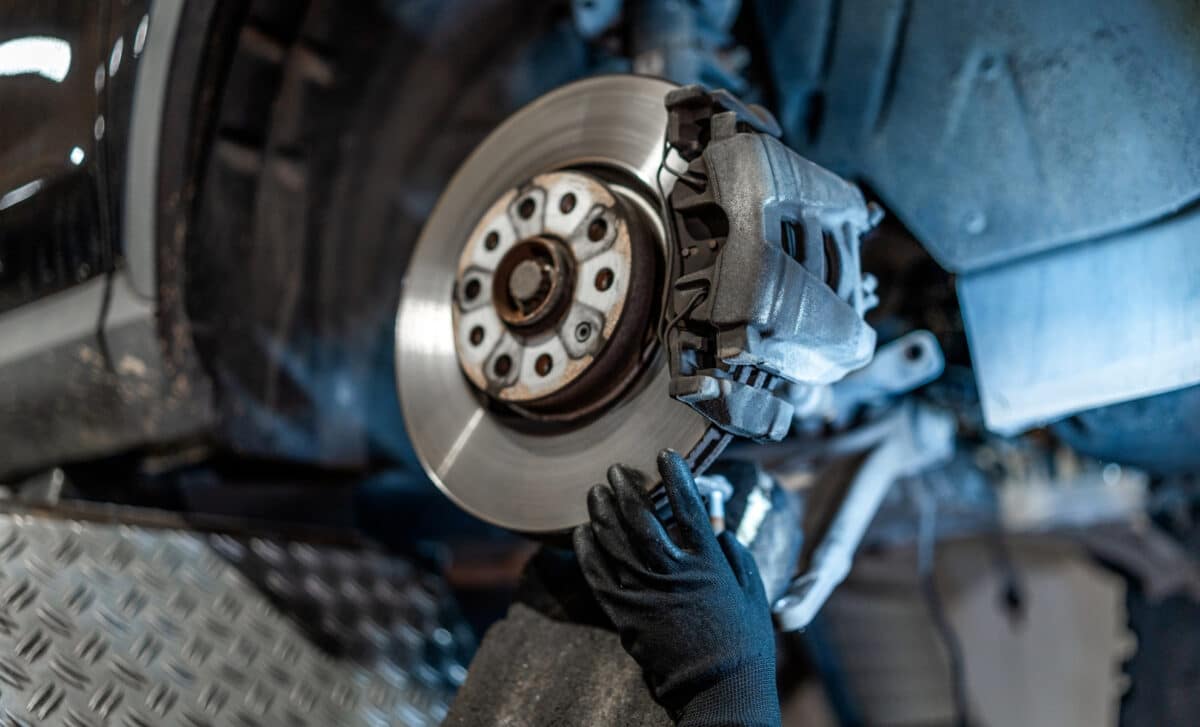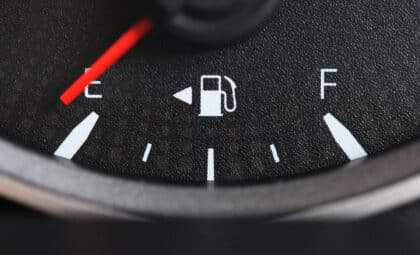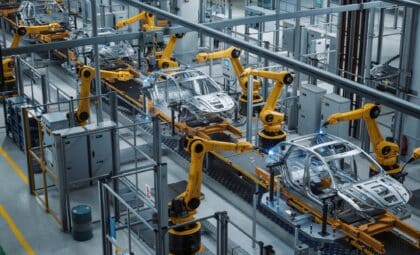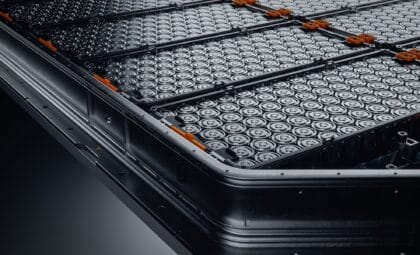Squeaky brakes are a common concern for drivers and often a sign that routine maintenance is overdue. But while there are several legitimate ways to address brake noise, coating rotors in grease isn’t one of them. Experts emphasize that such a move compromises braking performance and poses a risk to both driver and public safety.
The controversy underscores a wider issue: shortcuts that appear to fix a problem at surface level can often mask deeper mechanical faults. It also highlights the persistent gap between automotive professionals and do-it-yourself fixes shared casually or without context.
Why Brake Squeaking Signals a Deeper Issue
Brake squeaks are more than just an annoyance—they’re often the first audible sign that something’s wrong in the braking system. According to Wagner Brake, noises like squealing, grinding, or vibration are common indicators of worn rotors or brake pads. These components are essential for safe vehicle operation and must be inspected regularly.
The rotors, in particular, play a central role. When a driver steps on the brake pedal, the brake pads clamp onto the rotors, using friction to slow the vehicle. Any foreign substance, especially a lubricant like grease, interferes with this process. A squeaky brake might only need a pad replacement or rotor resurfacing—but applying grease does nothing to resolve the underlying wear.
Ignoring these symptoms can lead to decreased braking performance, longer stopping distances, and potential accidents. As All Rotors notes, allowing rotors to deteriorate without replacement eventually results in more costly damage to the braking system and increased safety risks.
@shazautosltd Don’t be like know it all Karen. Come to Shaz Autos for your squeak free brakes 😌 #mechanic #carmechanic #mechanicsoftiktok #cars #funny ♬ original sound – Shaz Autos
What Bearing Grease Is Actually Made For
Bearing grease is designed to lubricate wheel bearings—not brake components. These bearings allow the wheel to spin freely while carrying the full weight of the vehicle. As explained by GMB, the grease should only be used inside the bearing housing, where it prevents corrosion and reduces metal-on-metal friction.
Kelley Blue Book adds that when a car sits idle for extended periods, condensation and rust can accumulate around the wheel bearings. In these cases, grease ensures smooth rotation and helps preserve the bearing’s function. None of these uses extend to brake rotors, which must remain dry to generate the friction needed for braking.
Applying grease to the rotors is functionally equivalent to removing the brakes altogether, since it prevents the pads from gripping the surface. Even a small amount of lubricant can significantly reduce stopping power—making it a serious safety hazard on the road.
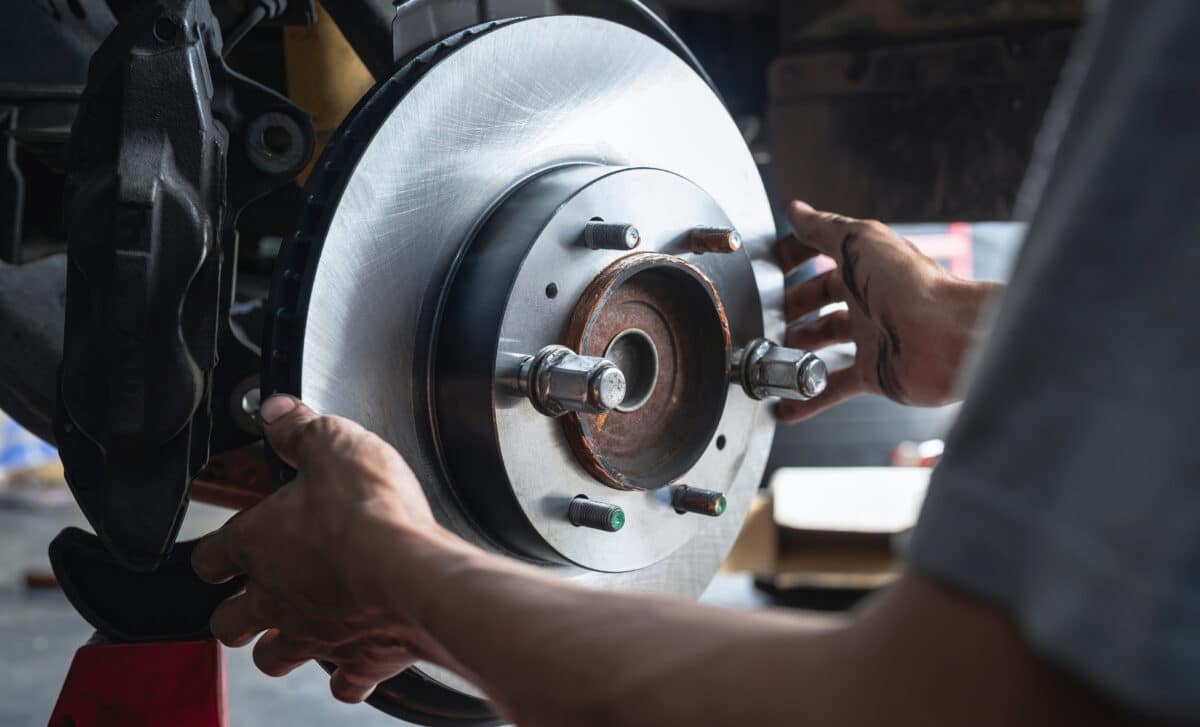
Industry Response to Misapplied Fixes
The pushback from the automotive industry has been clear. Mechanics, repair shops, and parts suppliers alike have spoken out against the misuse of bearing grease. Though some acknowledge that the brakes may temporarily stop squeaking, they warn that this effect comes at the cost of critical braking function.
One mechanic described it as “putting a bandaid over a stab wound”—a visual metaphor that captures the imbalance between the superficial solution and the actual damage. A handful of drivers pointed out the absurdity of the idea, comparing it to disabling the brakes altogether.
Routine brake maintenance remains the only reliable fix for noise and performance issues. This includes checking pad thickness, inspecting rotor condition, and ensuring no contaminants have compromised the system. For vehicles with persistent squeaks, professional evaluation is recommended to avoid unnecessary risks.

